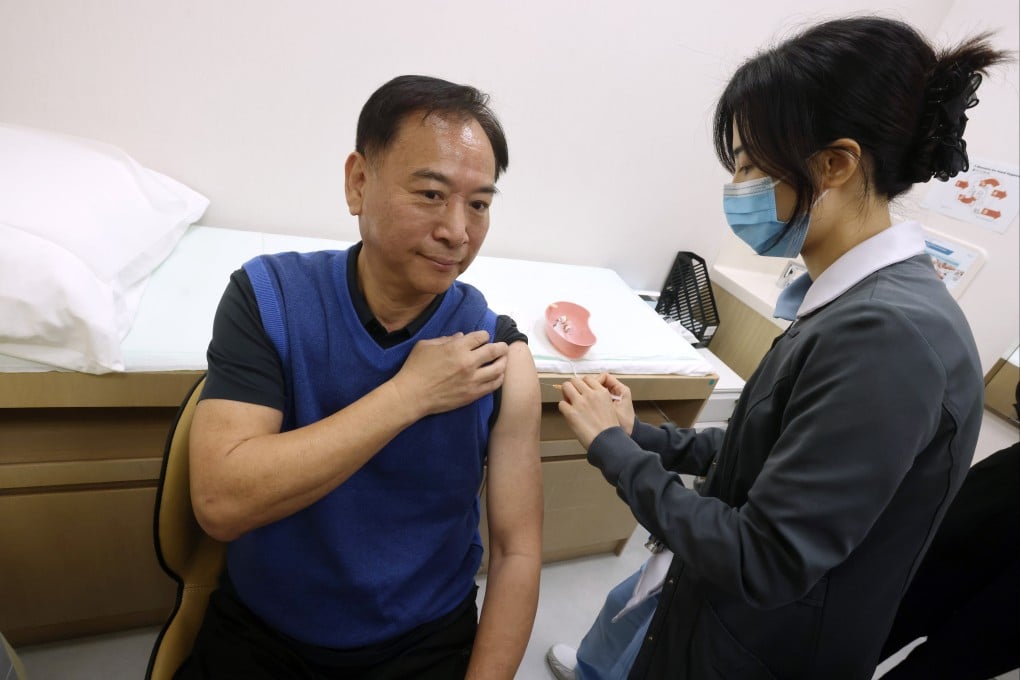Opinion | From stigma to ignorance, why Asians don’t get the healthcare they need
- Understanding why Asians forgo or ignore their health needs must go beyond the scientific and commercial to encompass the cultural and behavioural aspects
- Effective patient engagement can help healthcare providers and policymakers promote preventive care, cut costs and improve outcomes

Unrealised demand reveals a significant “patient engagement deficit”. Patient engagement refers to the willingness of individuals to collaborate with the healthcare ecosystem to address their needs. Without effective patient engagement, even the most advanced healthcare infrastructure falters and lives slip through the cracks.
Asia is home to more than half of the world’s population. The continent is particularly affected by infectious diseases and non-communicable diseases are rising. There is a need for effective patient engagement, as early intervention can help prevent diseases and greatly affect a person’s quality of life, productivity and life expectancy.
The 2024 Roche Diagnostics Asia Pacific National Women’s Health Survey found that only 22 per cent across Australia, Hong Kong, mainland China, India, Japan, South Korea, Thailand and Vietnam feel very knowledgeable about cervical cancer. One in five said they delayed or avoided medical treatment.
Such hesitancy is partly due to women prioritising other responsibilities like childcare, and partly rooted in the belief that undergoing such screening is shameful or embarrassing. That means social stigmas might be keeping millions of women from taking life-saving medical tests.

.jpg?itok=rIXfoEv7&v=1712290427)